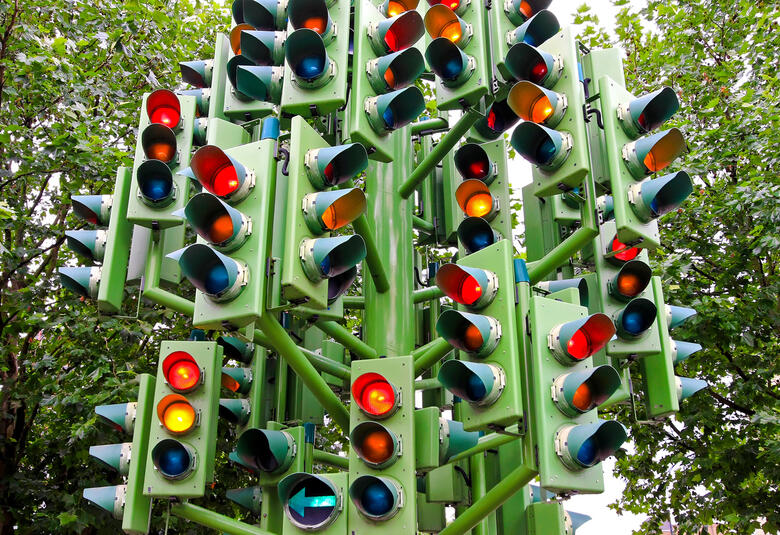Following a stormy night in Amsterdam, we travelled through the (thankfully short-lived) rain to attend the appropriately named brainstorming session. This was designed to address a question that has been around for many years, but has little research evidence attached to it: When should antipsychotic drugs be switched in partial responders or non-responders in the acute treatment of schizophrenia?
The chair of this session, Dr Michael Davidson from Israel, was joined by Dr Stephan Heres and Stefan Leucht, both from Germany, to introduce and discuss this subject. Dr Davidson frequently returned to the statement that in psychiatry we often do things that make sense but don’t necessarily turn out to be true (supported by the evidence), so it was refreshing to hear some of the evidence base supporting a response to this question.
In the past, it was thought that there is a delay in the onset of activity of antipsychotic drugs of a few weeks. It is now known, however, that this is not the case.
How long must I wait?
In the past, it was thought that there is a delay in the onset of activity of antipsychotic drugs of a few weeks. It is now known, however, that this is not the case. Improvements in positive symptoms are seen almost immediately after starting treatment, indeed much of the beneficial effect is apparent within 2 weeks. Building on this information, several studies have demonstrated that a less than 20% reduction in the total score on the PANSS or BPRS after 2 weeks’ treatment predicts non-response (less than 50% reduction in total score) at 6 weeks. This 20% reduction in BPRS or PANSS equates to ‘minimally better’ on the CGI. Thus, those patients who are not minimally better after a 2-week trial of an antipsychotic are unlikely to respond if that regimen is continued unchanged. One possible strategy for these patients is for them to immediately switch to another therapy.
A change is as good as a rest?
Studies of switching need to be carefully designed, to account for factors such as possible differences in efficacy of the comparator therapies, the need to titrate to the same doses of each antipsychotic under the different switching conditions, and the question of whether to switch to a similar or very different compound. The so-called SWITCH study, involving two antipsychotics, randomised patients who failed to respond after 2 weeks to either continue receiving their original therapy or to switch to the alternate antipsychotic under double-blind conditions. The results demonstrated that with early switching after 2 weeks, patients who failed to respond to their first antipsychotic had almost as good outcomes after switching therapy as those who responded to their initial therapy and therefore had no need to switch. This finding was not dependent on which antipsychotic the patients received first or switched to, only on the process of switching itself.
The implications of this study, if extended to other antipsychotics, was discussed within the session. In the clinic, these results would suggest, a 2-week trial of a particular antipsychotic should give a good indication of whether the patient will respond to that treatment. If they do not, then switching earlier rather than later may give them a good chance of experiencing beneficial effects within a relatively short time scale.
Our correspondent’s highlights from the symposium are meant as a fair representation of the scientific content presented. The views and opinions expressed on this page do not necessarily reflect those of Otsuka and Lundbeck.




